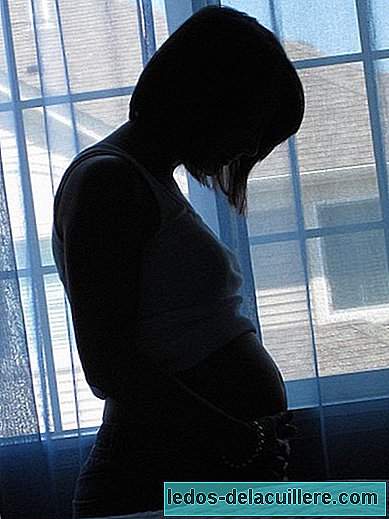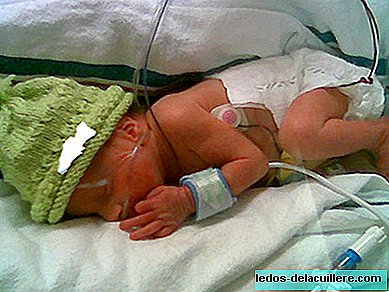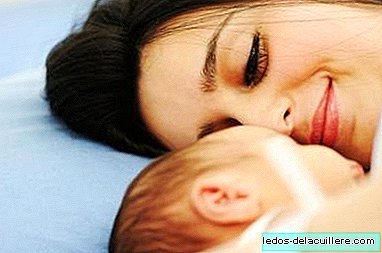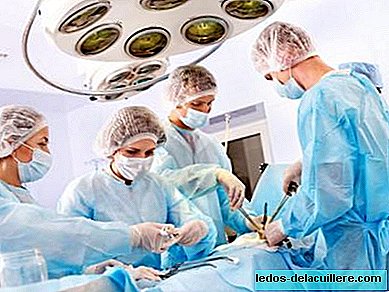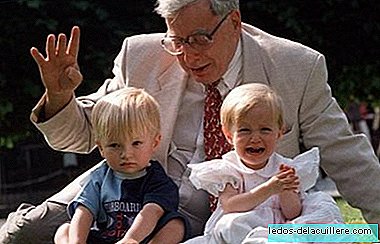
The Karolinska Institute in Stockholm has announced that the Nobel Prize in Medicine this year falls to the British biologist and researcher Robert Edwards, father of in vitro fertilization.
His work made possible, 32 years ago, the birth of Louise Brown, the first "test-tube baby," who came into the world surrounded by controversy. At that time joining an egg with a sperm inside a test tube to conceive a human being sounded like science fiction.
Today, more than four million children have been born thanks to the in vitro fertilization technique, making the wish to be parents of many couples a reality.
Undoubtedly, in vitro fertilization marks a before and after in the history of reproductive medicine.
It has been a solution for people with infertility, a problem suffered by more than 10 percent of couples in the world.
Advances have made the technique increasingly effective, reducing risks and increasing the success rate in the results. However, there are still things to improve such as reducing the number of embryos that are transferred to the uterus to minimize the incidence of multiple pregnancies.
It is estimated that 200,000 new lives are born each year through this technique. That is why it is a pleasant news that is one of the parents of in vitro fertilization, Robert Edwards (along with Patrick Steltoe, recently deceased) who receives the Nobel Prize in Medicine this year.





